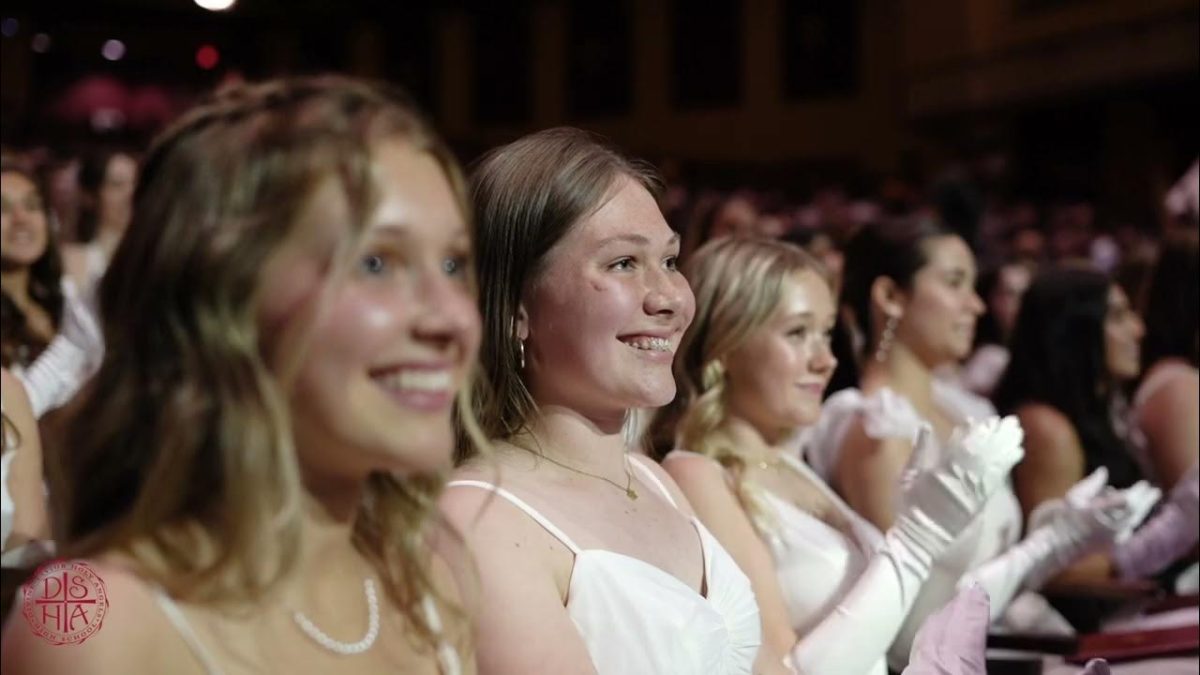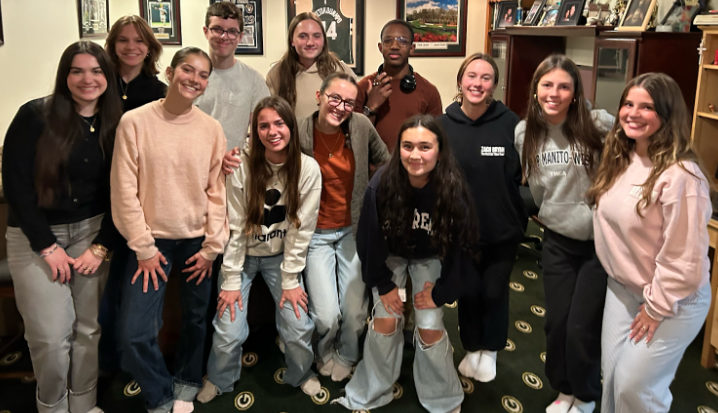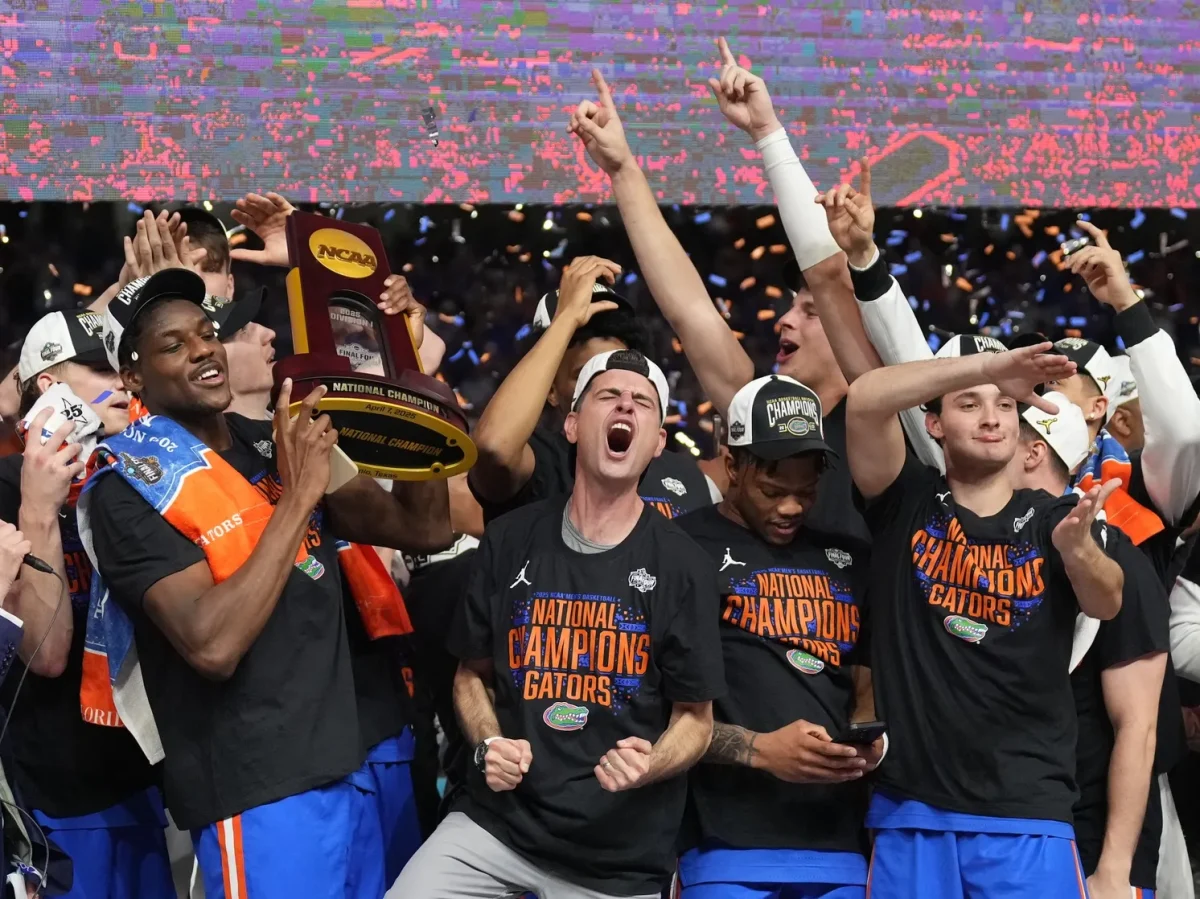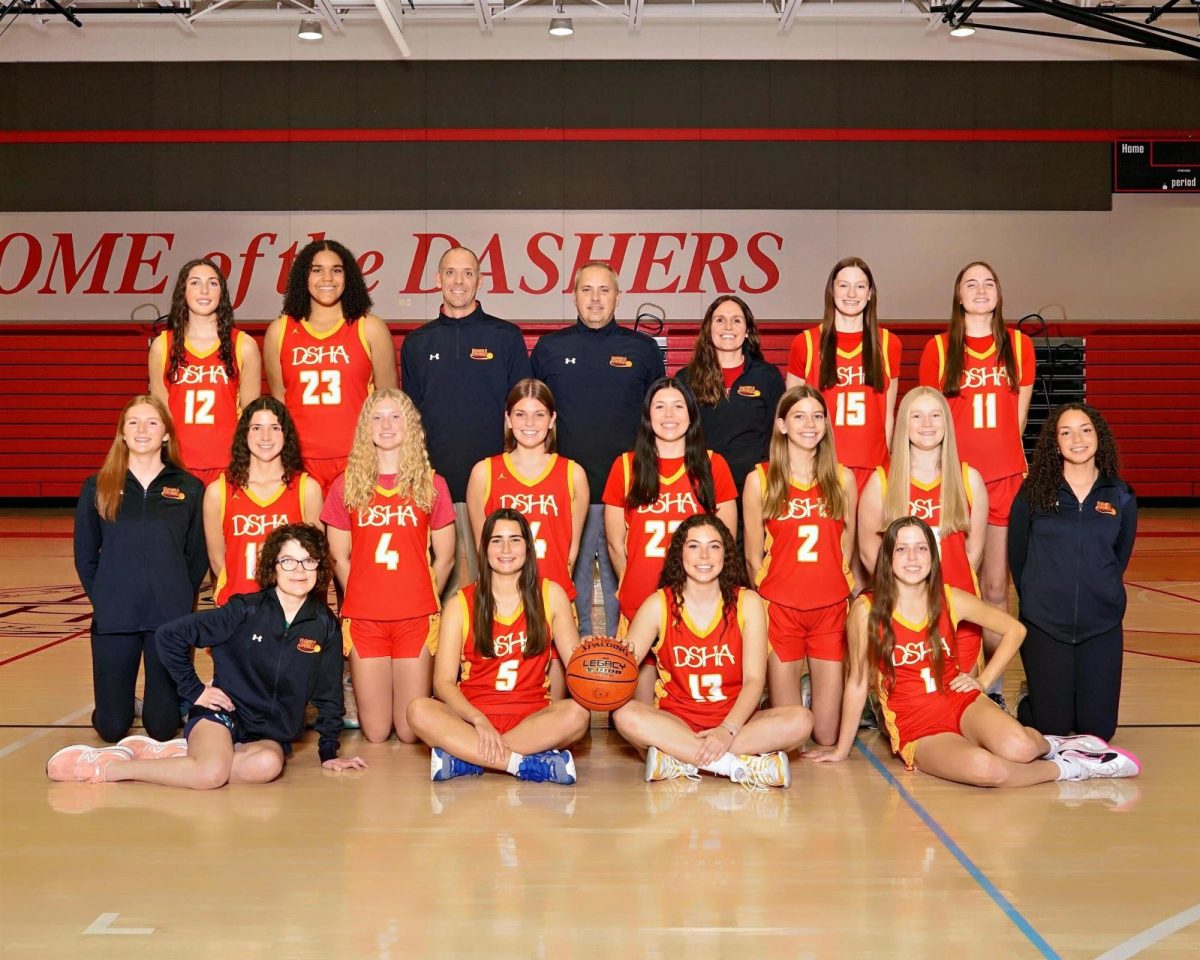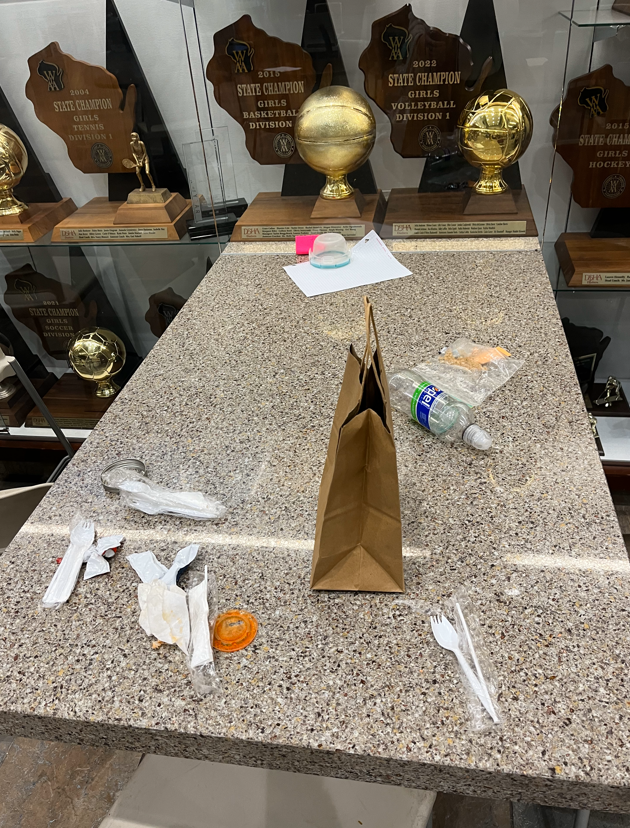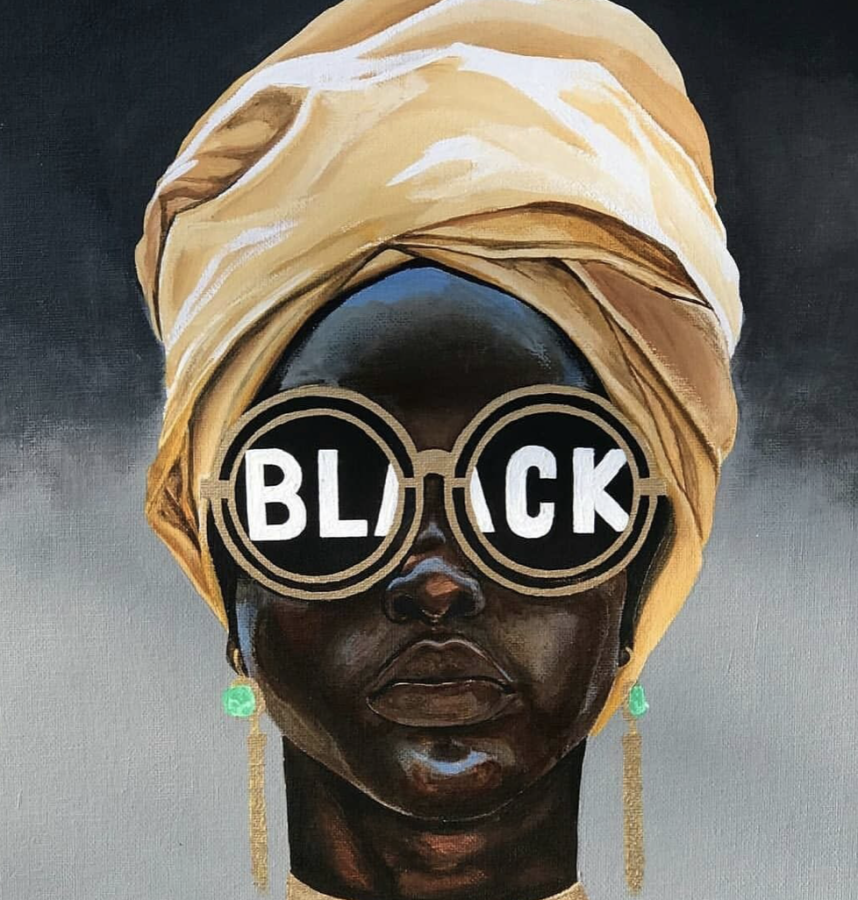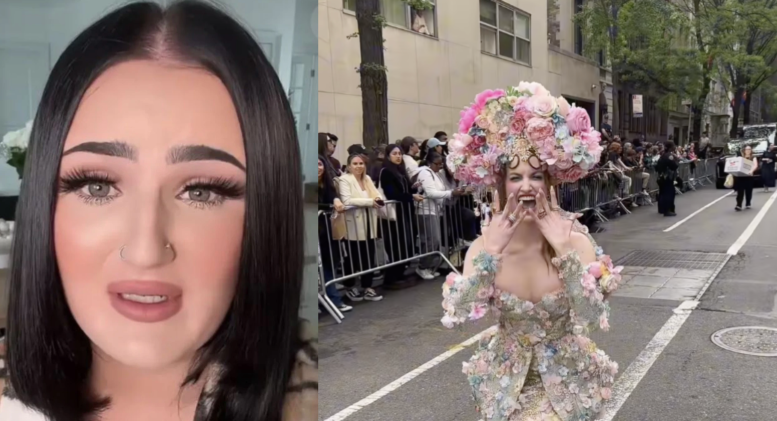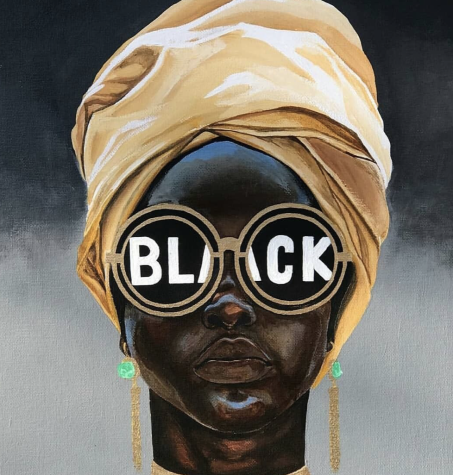Looking at Love
Sparked by a rogue philosophical conversation during a Sister Act rehearsal, I was plagued with a list of questions all revolving around romantic love. As a woman who has never dated anyone, I really have no place giving answers to these questions. Instead, I consulted some beloved DSHA teachers: Mrs. Weiss, Mr. Montgomery, Ms. Fitch, and Mr. Berens. I hope these oracles of wisdom can inform us all about the mystery of love.
What does love feel like?
Mrs Weiss: “There’s a look where you’re like I’m really in love with you. You know it when you feel it. But love can cost you your family, your attitudes, friends, values, ambitions, and your identity.”
Ms. Fitch: “It feels like unconditional acceptance, invigorating, magical sometimes.”
Mr. Montgomery: “Comfort, acceptance, belonging.”
Mr. Berens: “It’s like comfort, and the feeling of being supported. The feeling of being accepted and the feeling of being ‘in it’ with someone else. To experience life together. Feeling like whatever might happen will happen, but you will go through it together.”
Is love comparable to any other feeling?
Mrs. Weiss: “It’s that feeling when I’m teaching the French revolution. In all seriousness, it’s hard to explain. When he was holding the kids when they were babies, there’s utter love.”
Ms. Fitch: “Equivalent is perhaps when someone feels immense satisfaction, happiness, and pride.” But love involves another person, so that makes it different.”
Mr Montgomery: “No – I think oftentimes, until you’ve felt true unconditional love, you can’t really know what it is until you experience it, and once you find true love, you realize there’s nothing that comes closer, nothing that can come close. You can’t realize what it is until you go through it.”
Mr. Berens: “No. It’s a combination of a bunch of different feelings, and feeling those at the same time is love. You’re born into love but love is different from familial love. The journey from not being in love to being in love is what makes it incomparable. The rest of it is familiar sensations, but you’re just feeling them at the same time.”
Do you believe in love at first sight?
Mrs. Weiss: “No. Initial attraction at first sight, but you need to get to know the person before you can love them.”
Ms. Fitch: “No. But I do believe that it’s not uncommon to feel something is different when we meet someone who we might eventually love.”
Mr. Montgomery: “Attraction at first sight, like being attracted to them physically or emotionally. But love is something that needs time to grow. You can’t know someone immediately.”
Mr. Berens: “No. Not really. Part of love is achieving it, and it doesn’t just exist.”
What is your favorite romantic movie?
Mrs. Weiss: While You Were Sleeping
Ms. Fitch: Moonstruck
Mr. Montgomery: Forgetting Sarah Marshall
Mr. Berens: The Phantom Thread or Casa Blanca
Is love like the movies?
Mrs. Weiss: “I’ve witnessed struggles where love can be painful and hard, making you bitter and breaking you. Many would say no. Personally, it has been kind of like a Hallmark movie. When I first met him, I never dreamed of love like this.”
Ms. Fitch: “Usually not. Movies are exaggerations, but there’s maybe a small kennel of truth.”
Mr. Montgomery: “Depends on what movie. In some ways, yes. But usually when the movies get it right, its usually going to be sad and have some dark humor. Definitely not like Hallmark movies.”
Mr. Berens: “Generally, it’s way easier in the movies. Love isn’t as glamorous in real life as it is in the movies.”
Is it naive to strive for extremely high standards?
Mrs. Weiss: “You created standards that are so high that no human can possibly meet them; therefore, you don’t ever have to risk getting into a relationship. People set standards so high because you don’t want to take a risk and fall in love. Everyone has done things that annoy the heck out of other people and you just need to work through that. Living with someone who wants you to be perfect all the time is exhausting. Have realistic standards.”
Ms. Fitch: “No. People shouldn’t settle for someone or something who isn’t right but sometimes having rigid and extremely high standards prevents one from receiving and giving love.”
Mr. Montgomery: “No. You have to hold high standards when it comes to finding someone to love because without it, you’ll love certain aspects of the person and not the entire person and that’s where relationships go wrong. When someone isn’t honest with themselves. You got to be picky.”
Mr. Berens: “Depends on the nature of the standards. Ultimately, the standards are about you and how much you value yourself. You shouldn’t settle for anything less than how you hope to be treated. Superficial standards are a lot less important. It’s never going to be like you think it is.”
Is it hard to forgive someone you aren’t required to love unconditionally?
Mrs. Weiss: “Forgiveness is very difficult. When somebody shows you who they are, believe them. Behavior is much more important than words, much more powerful. People will try to rationalize awful behavior. Trust yourself.”
Ms. Fitch: “It depends on the person and what they believe about forgiveness. I forgive easily because to hold onto a grudge is harmful to me.”
Mr. Montgomery: “Yes. Forgiveness is always difficult. It’s easier to forgive someone you love because you have built a relationship with them. If love is there, forgiveness comes easily – if it’s true love. As long as your partner has not violated a moral standard.”
Mr. Berens: “Yeah. It’s hard to forgive anybody, period. It’s supposed to be hard. It depends on what’s been done to you. It’s better and healthier for you to forgive than the alternative.”
How old were you when you first fell in love?
Mrs. Weiss: 26
Ms. Fitch: 17
Mr. Montgomery: “I thought I was in love at 17. I realized I actually meant it when I was 27.”
Mr. Berens: Early 20’s
Can you fall in love at any age?
Mrs. Weiss: “Love requires a certain amount of maturity. I’d say mature 16-17 year olds could fall in love.”
Ms. Fitch: “Yes.”
Mr. Montgomery: “Yes.”
Mr. Berens: “You can. Love has more to do with life experiences than with age.”
Does the meaning of love change as one ages?
Mrs. Weiss: “It changes because you become less judgemental, much more forgiving, much more open because of the experiences you’ve had.”
Ms. Fitch: “Usually. Usually the definition becomes more deep and detailed than it might be when you’re young.”
Mr. Montgomery: “Love changes as you grow. Definitions can change. It’s ever present, but you can get a deeper, fuller definition the more you experience it when you are older. Different types of love can grow.”
Mr. Berens: “Yeah. 100%. As you get older, it gets more complicated and more expansive all the time. Which means that as you experience more with somebody else, it becomes bigger and grander than it used to be.”
Can you ever fall out of love with someone completely?
Mrs. Weiss: “People fall in love but they don’t want to do things with that person, they have to be your buddy and friend. You can completely fall out of love with someone.”
Ms. Fitch: “Yes. You might still love them, but you can fall out of love with them.”
Mr. Montgomery: “Yes. Not with family, even if there’s problems or estrangement. But you can completely fall out of love with someone when someone violates a moral or behavioral standard of yours. It’s not love any longer, but there’s always something there because you have built up time with you. You may not love them, but you can love moments with them.”
Mr. Berens: “Yeah, you can do that.”
Your donation will support the student journalists of Divine Savior Holy Angels High School. Your contribution will allow us to purchase equipment and cover our annual website hosting costs.

The Word is truly a blessing to be a part of. Writing has always stayed close to my heart, and I’m beyond honored to work with these talented writers!...



